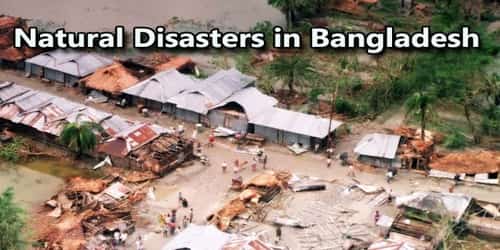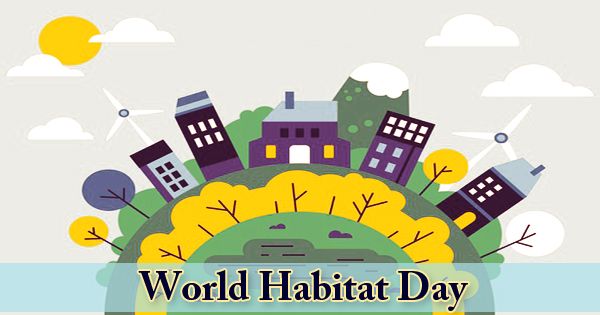Bangladesh is a small and poor country often visited by natural disasters. So it is rightly called the land of natural disasters. Every year some common natural disasters like flood, cyclone, tidal bores, heavy rainfall, drought, earthquake, etc. visit Bangladesh. Cyclones and tidal bore are common in our country. Almost every year our country faces a good number of cyclones or tidal bores. The geographical location, land characteristics, multiplicity of rivers and the monsoon climate render Bangladesh highly vulnerable to natural hazards. The coastal morphology of Bangladesh influences the impact of natural hazards on the area. Especially in the southwestern area, natural hazards increase the vulnerability of the coastal dwellers and slow down the process of social and economic development. Cyclone or storm hits our country in summer or in late autumn. Extreme heat causes depression in the Bay of Bengal which creates a severe cyclone storm. It advances rapidly and hits the offshore island and the mainland of Bangladesh. The devastation caused by the cyclone is immense. It destroys houses, properties, crops, and trees. Thousands of people are swept away by the strong current of water of the tidal bore and countless heads of Cattle are killed. Flood is another serious natural disaster in our country. Heavy rainfall and rush of water from the upper north bring about flood almost every year. The rivers overflow their banks. The fields of the crop go under water. During the flood, the government, the NGOs and the Voluntary organizations come forward to help the affected people. Drought in the summer causes damage to crops almost every year. The indiscriminate chopping of trees for fuel has turned a part of the country into rainless desert land. Although Bangladesh is extremely vulnerable to seismic activity, the nature and the level of this activity is yet to be defined. In Bangladesh complete earthquake monitoring facilities are not available. The Meteorological Department of Bangladesh established a seismic observatory at Chittagong in 1954. This remains the only observatory in the country.
Natural Disasters in Bangladesh
















